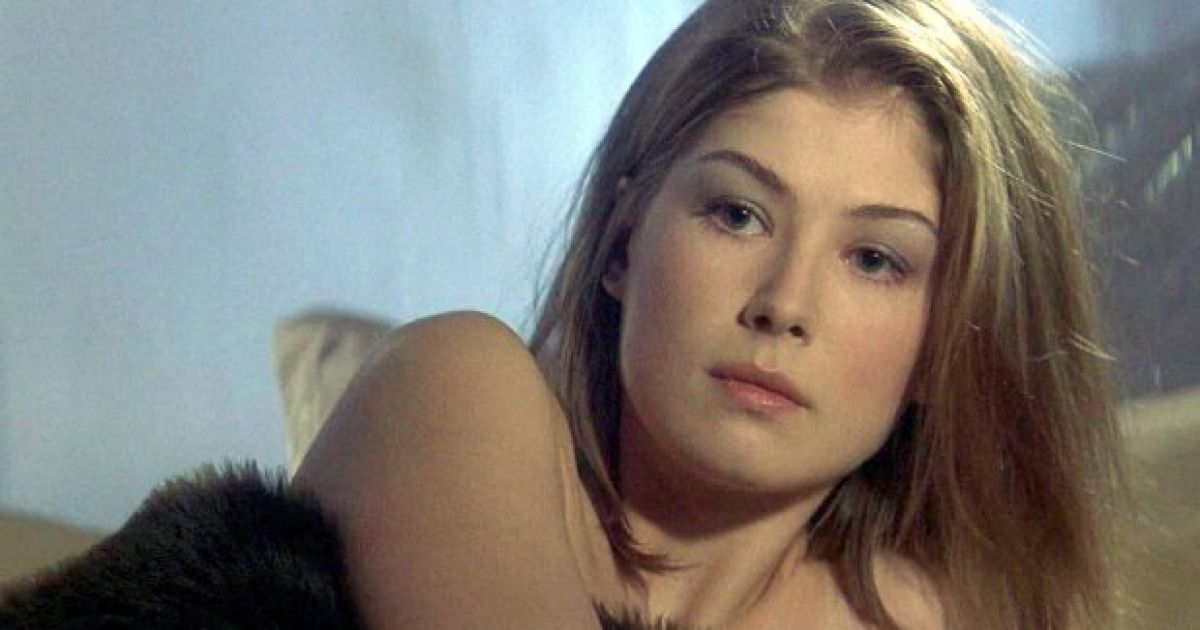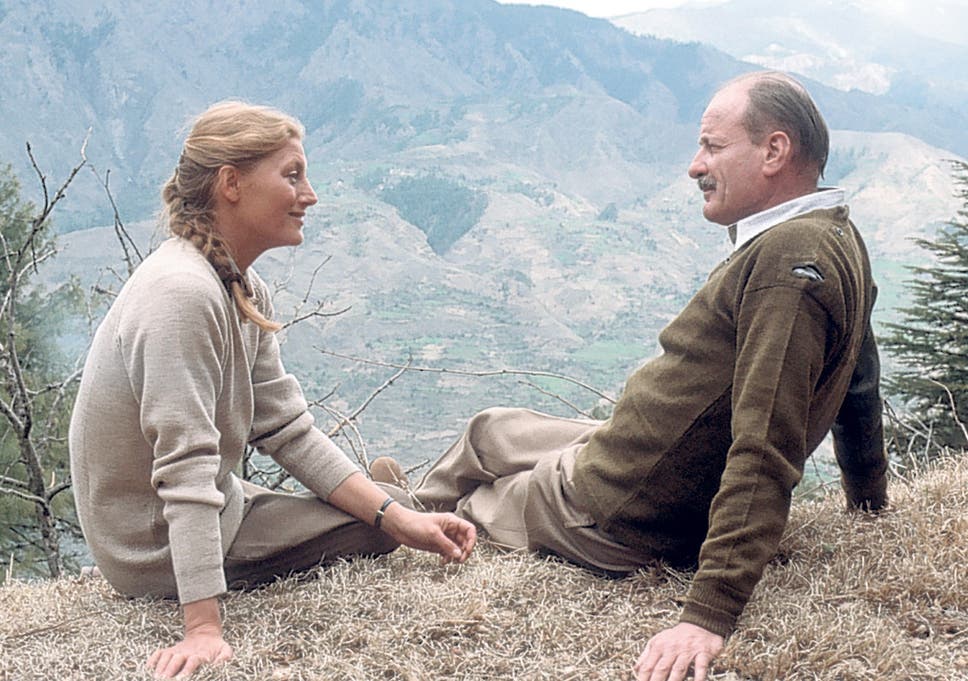I am almost all the way caught up. This is not, alas, a particularly inspiring group.
The Young Pope (TV Show--2016)
This came up in one of the internet search games I use to pick out movies to watch. I have not really seen any of the myriad high quality made-for-cable TV series that have been so popular over the last decade so I thought I would give this a try. There were 10 hour-long episodes. At the time, which I think was last summer, I found it mildly interesting, but looking back I don't think it was really worth the time I had to invest in it (It could be asked whether the time I spend reading books, many of them outdated and of little apparent contemporary value, is any more worthwhile. It is worthwhile to the extent that I really do enjoy it, because I really have trained myself to enjoy it, but it does seem to serve me primarily as an escape from the actual questions and problems that are too overwhelming for me to contend with and resolve in reality. I don't think the reading at this point holds much benefit for my mind in this important regard). It stars Jude Law as the first American Pope who is chosen as a compromise candidate because the really powerful and not morally admirable people in the Vatican think they will be able to easily control him but he takes wholly unanticipated positions and actions which seem to baffle them. I was never really sure what it was supposed to be about. It's a great looking show, as most shows seem to be these days. I admit to having had concerns that it was going to be a Hollywood production that would be unable to restrain itself from gleefully piling on against Catholics and the Church, so I was pleased to find out that it was largely written and made by Italians, who at least treat the institution with the seriousness it deserves. Diane Keaton, whom I cannot stand, is unfortunately in this as a nun. Jude Law's Pope leads a fairly ascetic life, certainly compared to most of the other church officials. His main vices are smoking and drinking Diet Coke at breakfast.
There was a pretty catchy Italian pop song in it that I will forget about if I don't mention it here.
Young Soul Rebels (1991)
I'm not sure that Giants jersey is historically authentic for 1977.
This is a British movie set in 1977 about young gay black men who are into DJ'ing and circulating cassettes of soul music. Needless to say, they are very much out of the mainstream of British society in 1977, a point emphasized by the contrast of Queen Elizabeth's 25-year Jubilee that is taking place in the background of the film. Of course nowadays it might be increasingly the case that Queen Elizabeth is the one who is out of the mainstream of British society, but that is an idle digression. The opening scene features a murder during a gay sex encounter in a London park at night, which was provocative but didn't get the movie going on the right foot for me, and in truth I never really got into it, though I am sure it is very good if you are the sort of person who would get into this sort of thing. I was never quite able to make it to being that sort of person however.
Barabbas (1961)
I was looking forward to this lesser-known Biblical epic from the era of Ben-Hur and Spartacus, which, if not as celebrated as these other films, I anticipated as perhaps sharing some of their more agreeable qualities (and yes, I know agreeable is a strange word to use about movies that feature people being drowned by having their heads held down in pots of boiling soup and widescreen shots of hundreds of wretched people nailed to crucifixes stretching away to the horizon. Perhaps memorable was the better word, as those movies are memorable). I had also recently read the book from which it was adapted, which I had liked. This movie was slow, however, and it dragged, and it was pretty relentlessly dark, and it wasn't memorable to me, or perhaps I was not in the right frame of mind at the time that I saw it, because I see it has good reviews. It stars the legendary macho actors Anthony Quinn (in the title role) and Jack Palance, as well as Ernest Borgnine and the Italian actress Silvana Mangano.
Secrets of the Cross (2009)
This is a National Geographic TV series about "mysteries" of the Bible, such as the tomb of Jesus or the truth about Mary Magdalene. I found it rather boring and unpersuasive, I guess. There was something interesting that I learned at the time, but I didn't write it down and I've forgotten what it was now. I imagined it was going to be something like a Rick Steves travelogue meets Joseph Campbell, because the show featured a number of what appeared to be oddball academics, mostly British, on location in the Holy Land, but it didn't come off in any kind of compelling way.
You should trust me that 1) sometimes I really do like things, and 2) that I will tell you if I do. But I am not finding much I like lately. I may have to go back to my old system of only watching 5-star rated classics soon, at least for a while.
Die Another Day (2002)
I don't know why I even watched this all the way through. It's one of the "modern" James Bond movies (although almost 20 years old now) and I suppose I thought something might happen in it that would be interesting to me, but that did not occur. I have never actually seen any of the original James Bond movies from the 60s, which are supposed, I think, to have a kind of British charm that set them a little apart from your run of the mill action films, but anything redolent of old England is completely dead in this even with the appearances of John Cleese and Judi Dench in the cast. Even having been made in 2002 the "action" and atmosphere are way too 'tech' influenced for me to understand, or care about. Really the whole thing was a ridiculous waste of my time.
This girl (Rosamund Pike) was attractive. But only sexually accessible to a James Bond level man.
The Jewel in the Crown (1984)
Highly regarded 14 episode Masterpiece Theatre type British TV series from the Brideshead Revisited era, based on the even more highly regarded Raj Quartet novels by Paul Scott, which I have not read. I watched these on DVD and did not realize until the end of the very last episode, when I idly pushed the "settings" button, that there was an option to watch each episode with the original Alistair Cooke introduction, which would have been the piece de resistance for TV viewing nostalgia. But that did not happen.
Where to begin with this...The pace and the writing and the overall lack of freneticism are much more novelistic than most things being produced now are. Needless to say it was much more attuned to the way my mind processes stories and information. Of course the world moves on, no one would really wish it otherwise (though they might take issue with the particular directions it has moved into), but it is striking to see at a distance of 35 years how familiar and natural it is to encounter the forms of one's upbringing. There is no way to put this without sounding ridiculous either, but the (non-Indian) actors in this are to me strikingly "English" physically in a deep sort of way that I do not detect in more recent generations. I grant that they are actors, and are in general finer-featured and expressive in a way that likely makes them stand out from the general population anyway, and also that we are doubtless influenced by the kinds of faces and cultural tics that served as identifiers in our formative years. But certainly the people in this are more evocative of the tea-sipping, rose garden-cultivating, well-lettered, reserved and somewhat forbidding people of popular imagination than the likes of say, Russell Brand and Keira Knightley are.
This story, for the unaware reader, is about a number of ends--the end of World War II, the end of British rule in India, and I suppose of the imperial attitude in general. As you know I love stories about the ends of great and epic events when the old order is in the process of being swept away but the new one is not yet fully in place, so I liked this aspect of the series. Most of the British characters are from the higher social classes, and for the most part the sympathies of the story are with them, though a few of them are depicted negatively. Such persons from lower social strata as make it into the story are however either not terribly substantial or are depicted as vulgar or not able to perceive what is going on. At one point one of the well-bred characters observes of a socially ambitious officer that he (the officer) didn't realize that no one (meaning no one who mattered) cared about the empire anymore, and that was that. But there was a lot about this that I liked, and certainly it was much better than anything else I had seen in a while.
Wednesday, April 03, 2019
TV & Movies Update
Subscribe to:
Post Comments (Atom)









No comments:
Post a Comment